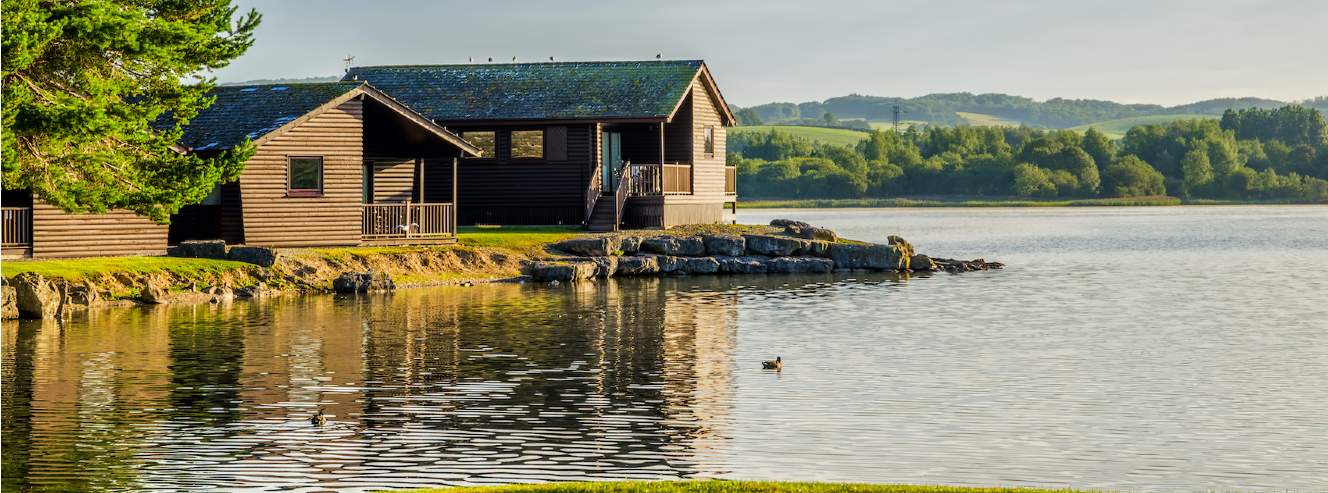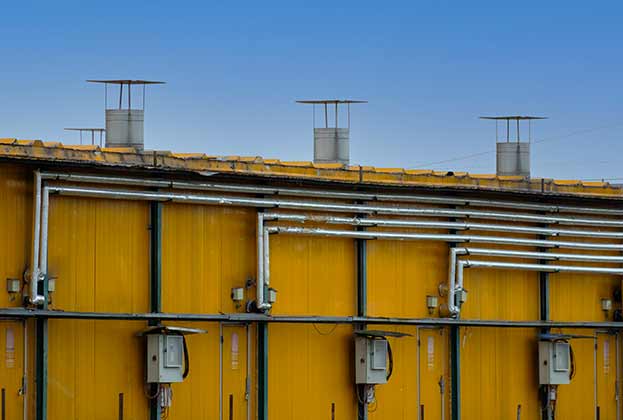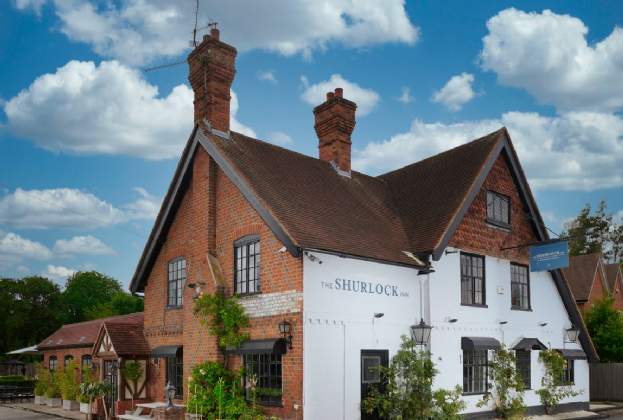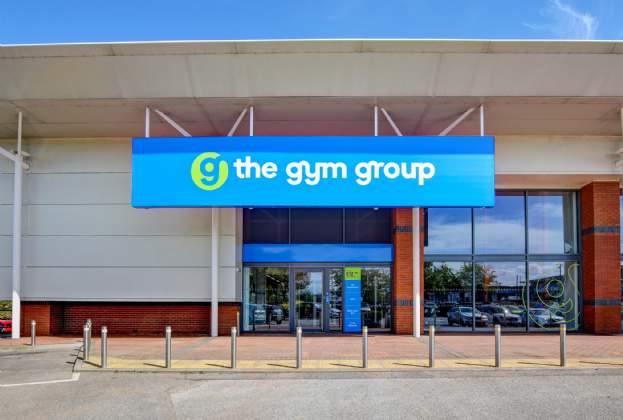In March 2020 the UK went into lockdown and in an instant the holiday park market came to a standstill. National and international holidays were cancelled overnight and lockdown restrictions meant people were not able to visit their second homes, holiday caravans or lodges.
The timing of the UK lockdown could not have come at a worse time, at the beginning of the spring holiday season, with many parks due to open on the Easter weekend. Four months of 2020 trading were lost, including some key school holidays and bank holidays, until holiday parks were allowed to reopen again in July.
The general consensus across operators however is that many have been fortunate to see a strong recovery in holiday stays over the second half of the season.
Holiday park operators generally expect strong occupancy rates in July and August and this year the sector experienced occupancy rates of 99 per cent, higher than the long-term average of 95 per cent. The popularity continued into September and October, typically when operators would start to see declining occupancy rates, with sustained near-full capacity.
Many operators believe that this rise in occupancy is due to people needing a change of scenery but also due to them facing less competition from international travel and city breaks, and the apparent safety that a caravan or lodge can give in terms of distance and isolation.
With concerns over international travel persisting, more people are enjoying a UK park holiday this year and wish to secure holiday accommodation for summers to come, supporting future sales. One national operator reports a 66 per cent increase in 2021 bookings.
This high demand has also led to a rise in caravan and lodge sales, a welcome development following the slowdown over the early part of the season. Some operators, to encourage cash flow from sales, have also offered incentives which have been well received. These have included fixing site fees for 2021 season, in some cases pitch fee discounts, extension of individual caravan licenses to make up for the months owners were unable to use them over lockdown, and passing on government initiatives such as the VAT reduction and business rates rebates.
Operators have also faced the challenge of how, practically, to keep their parks safe from Covid-19. Enhanced cleaning procedures have had to be put in place which increases direct costs for the business and impacts the turnaround time for holiday units.
Central facilities, a draw for many holidaymakers, have become much harder to manage and the secondary spend has significantly reduced even during the ‘bounce back’ months. Many restaurants, bars and entertainment areas have been loss-leading or, on smaller sites, have remain closed due to lack of demand.
Despite these limitations holidaymakers continue to be attracted to holiday parks, particularly those in rural areas, picturesque locations and tourist destinations.
With site owners planning to send out pitch fee renewals imminently all eyes are now on 2021. Despite the obvious challenges park owners remain optimistic and, notwithstanding the uncertainty, we continue to see increasing demand from new entrants, investors and private purchasers all looking to find the perfect holiday park.
Perhaps most encouragingly is the number of new buyers looking to enter the market to capitalise on what is perceived as a safe and sustainable sector.
Further information
Real Estate Insights Podcast: What's driving investment in the alternatives holiday park market



.jpg)


.jpg)


.jpg)
.jpg)